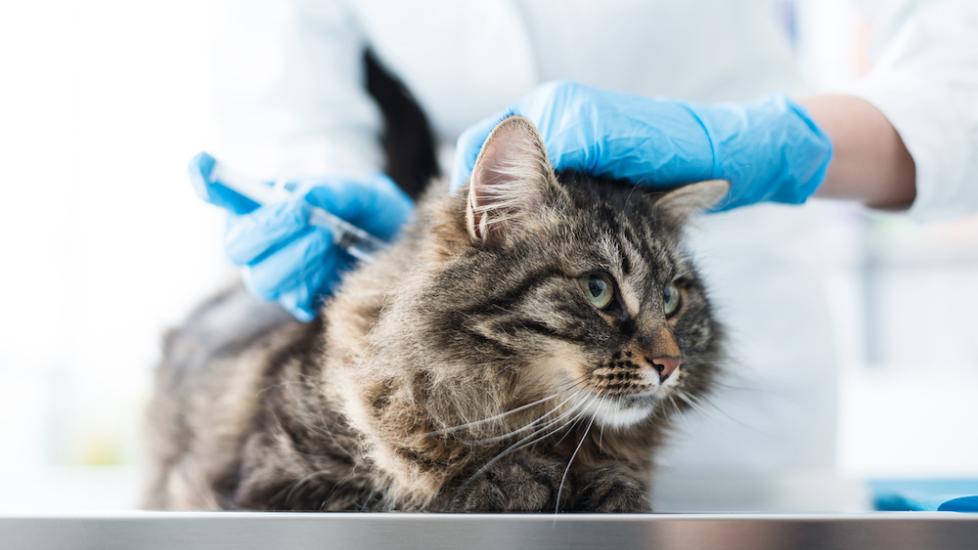 Understanding and Managing Potential Vaccine Reactions in Feline Friends
Understanding and Managing Potential Vaccine Reactions in Feline Friends
Introduction:
Cats, with their graceful movements and independent spirits, have become cherished companions worldwide. Protecting these furry family members from diseases is of utmost importance to pet owners, which often involves vaccinations. While vaccines are generally safe and effective, some cats may experience reactions post-vaccination. It’s crucial for cat parents to be aware of potential vaccine reactions and know how to handle them should they occur. This article aims to provide a comprehensive guide on recognizing and managing possible vaccine reactions in our feline friends.
Possible Vaccine Reactions in Cats:
1. Localized Swelling or Redness at the Injection Site – A common reaction that typically resolves within 48 hours. Applying gentle pressure and cold compresses can help reduce swelling.
-
Fever – An elevation in body temperature, which may indicate that your cat’s immune system is responding appropriately to the vaccine. Monitor your cat closely and consult with your veterinarian if fever persists.
-
Lethargy – Your cat might feel tired or less energetic after vaccination due to mild inflammation caused by the vaccine. Rest and comfort measures can help alleviate this temporary condition.
-
Decreased Appetite – Some cats may lose interest in food for a day or two following vaccination. Encourage your cat to eat small amounts frequently until normal appetite returns.
-
Diarrhea or Vomiting – These digestive issues could be signs of an allergic reaction or stress related to the vaccination process. If symptoms persist, seek veterinary advice immediately.
-
Hives or Rash – Occasionally, cats develop hives as a result of an allergic response to the vaccine. If observed, it’s essential to contact your vet promptly for appropriate treatment.
-
Muscle Pain or Stiffness – Like humans, cats may experience muscle soreness near the injection site or throughout their bodies. Warm compresses and pain relievers (under veterinary guidance) can offer relief.
-
Seizures – Rarely, severe allergic reactions can lead to seizures. Immediate emergency veterinary care is necessary if your cat exhibits seizure activity after vaccination.
-
Collapse or Hypotension – Another rare but serious consequence of anaphylaxis, which requires immediate medical attention.
-
Behavioral Changes – Stress from the vaccination visit can manifest in unusual behavior such as hiding, aggression, or excessive vocalization. Providing a quiet environment can help calm anxious pets.
-
Infection at the Injection Site – Although uncommon, improper administration or a weak immune system can predispose cats to localized infections. Keep the area clean and report any signs of infection to your vet.
-
Long-Term Adverse Effects – Very rarely, there may be long-term consequences associated with certain vaccines. Always discuss the risks and benefits of each vaccine with your veterinarian before administering them to your cat.
Management Strategies:
If you suspect your cat has had a negative reaction to a vaccine, monitor its health carefully and document all symptoms. Contact your veterinarian right away so they can assess the situation and provide proper treatment if needed. They may recommend over-the-counter medications or prescribe specific drugs depending on the severity of the reaction.
Conclusion:
Vaccines play a vital role in keeping our beloved cats healthy and protected against infectious diseases. By understanding the potential reactions and knowing how to manage them effectively, we can ensure the best outcome for our feline companions. Regular check-ups with the vet and open communication about your cat’s well-being will go a long way in maintaining optimal health for many years to come.
